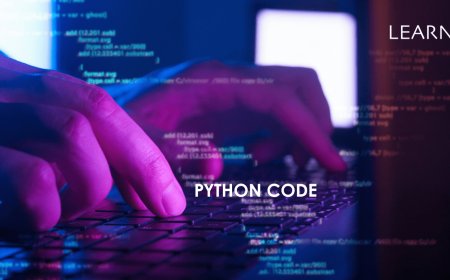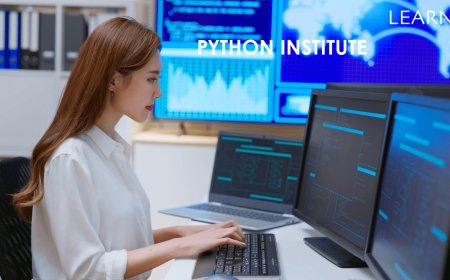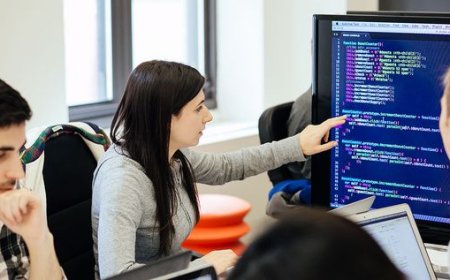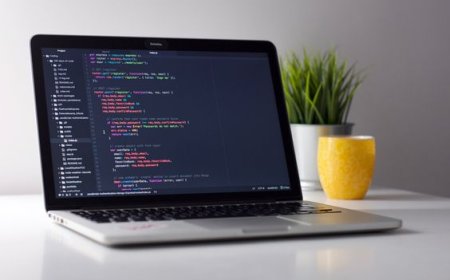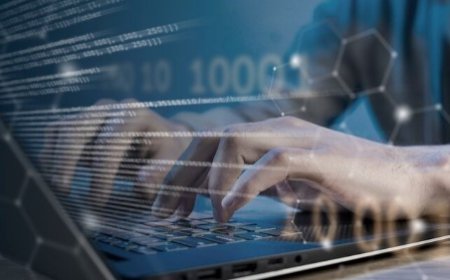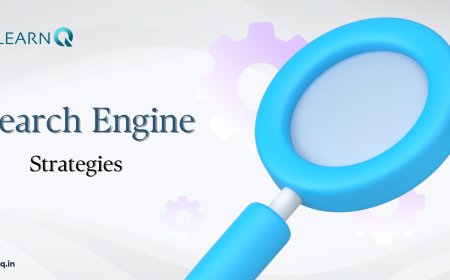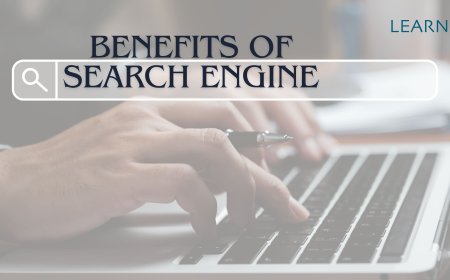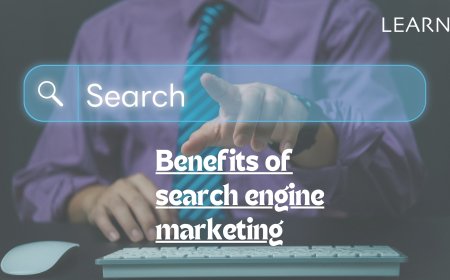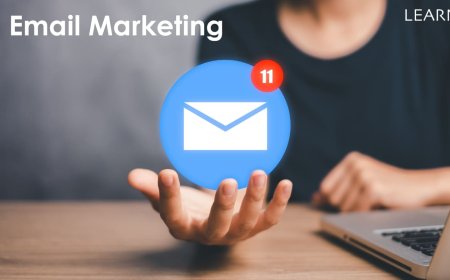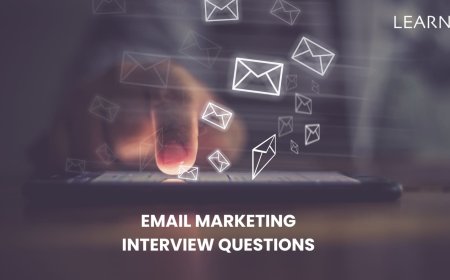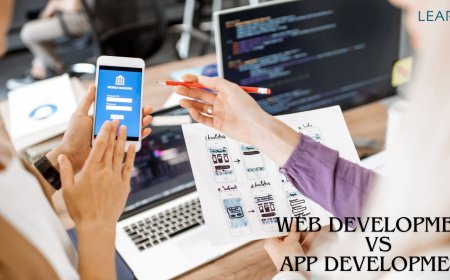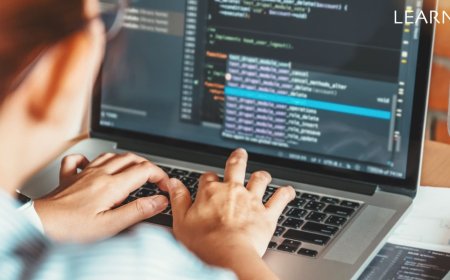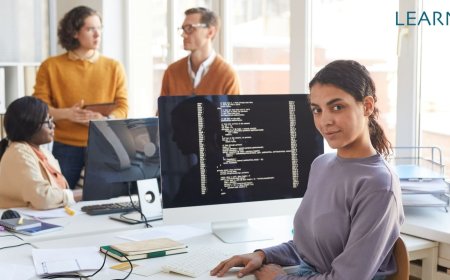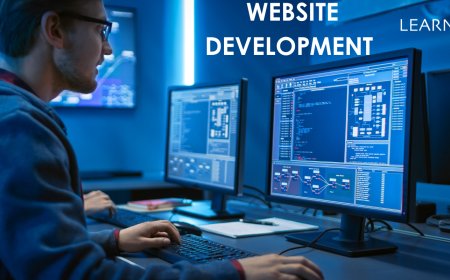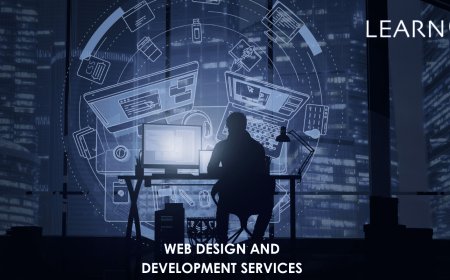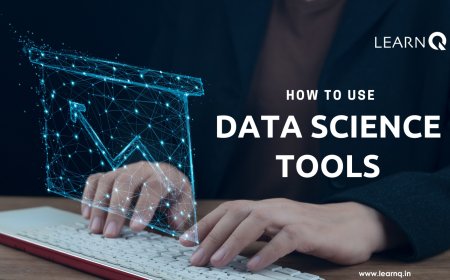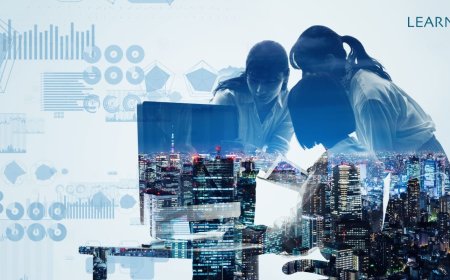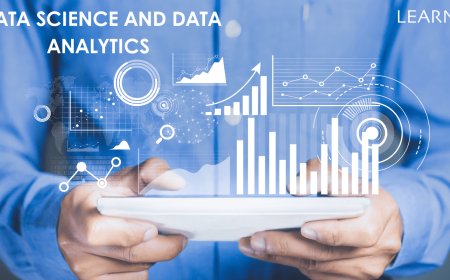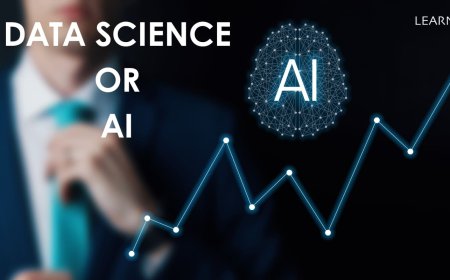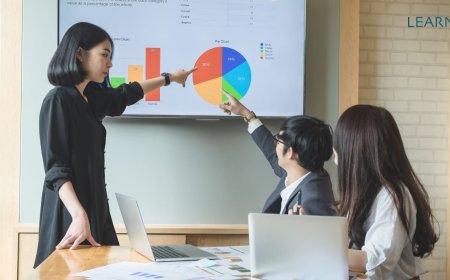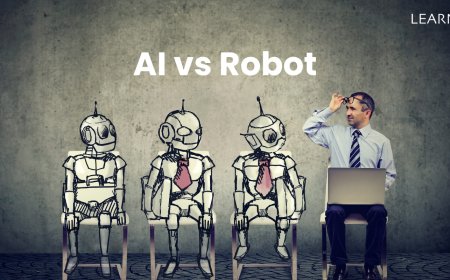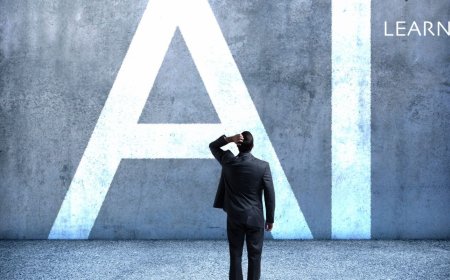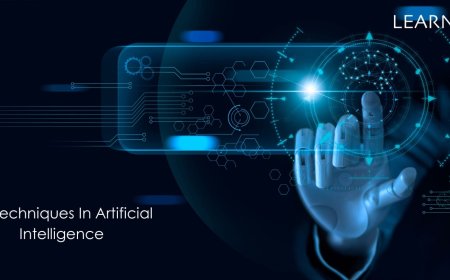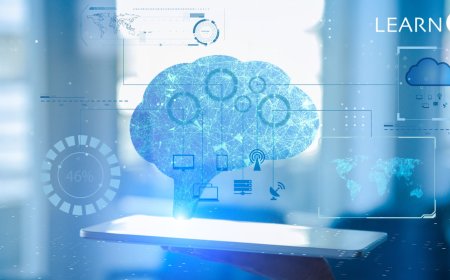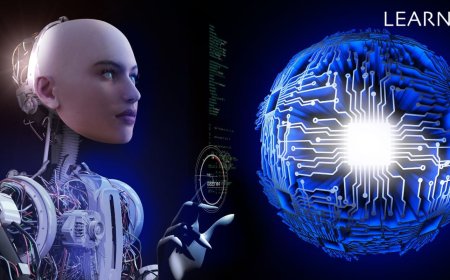Using knowledge in artificial intelligence: How to Make it Work
Discover expert strategies to make the most of artificial intelligence. Learn how to use AI effectively for optimal results in simple terms. Unlock its potential now.
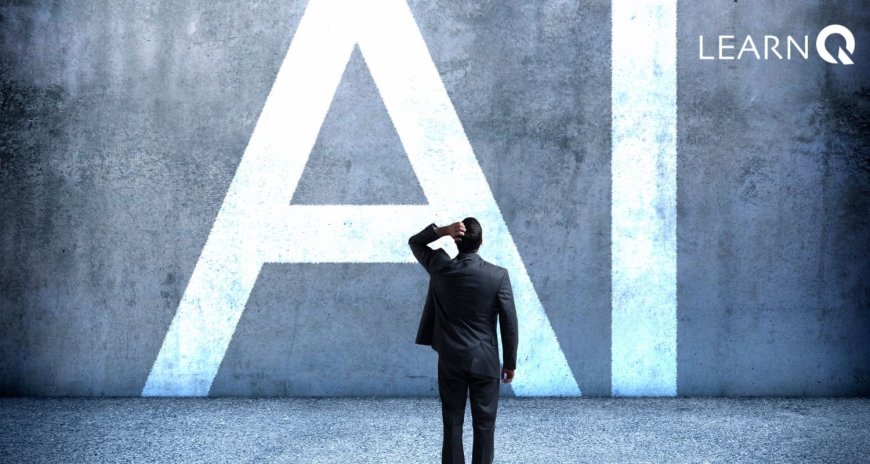
Artificial Intelligence (AI) is all about using smart technology to change things and make them better. It's like having a smart computer that can learn and do things on its own. But to make AI work, we need to give it a lot of information. Just having a bunch of data isn't enough anymore. We have to figure out how to use that information in the best way possible to get useful results. However, using knowledge in artificial intelligence is tough. There are a lot of problems to solve, like making sure the data is good quality and figuring out how to organize all that information. But if we can do it right, the benefits are huge. AI can make better predictions, help us make smarter decisions, and give us better experiences with technology. Talk about how to use knowledge in artificial intelligence. We'll explain the basic ideas and give practical tips on how to do it. Our goal is to help you understand this complicated topic so you can use AI better.
Come along with us as we learn about using knowledge in artificial intelligence and how it can help us do amazing things.
Understanding Knowledge in Artificial Intelligence
Artificial Intelligence (AI), gathering knowledge is important. AI is getting smarter thanks to things like machine learning, robots, and understanding human language. It's not just about gathering data; AI can also learn and change by itself. Making the most of knowledge in AI means always trying to make AI better. This involves researchers working hard to improve the computer programs (algorithms) that power AI. They also focus on making sure the data AI uses is good quality and on thinking about what's right and fair when using AI.
Researchers are trying out new ways for AI to learn, like teaching it through rewards (reinforcement learning) or letting it learn on its own (unsupervised learning). Also, people from different areas, like companies, and the government, need to work together to make sure AI is used in the best way. By sharing what they know and working together, they can make AI better and make sure it helps everyone. So, right now, AI is getting smarter fast. People from different places are working together to make AI even better and make sure it helps make the world better.
The Challenges: Problems with Combining Knowledge in Artificial Intelligence
When organizations try to make different pieces of knowledge from AI work together, they face a lot of problems. Let's take a closer look at the tricky challenges that make it hard to integrate knowledge smoothly:
1. Different Sources of Information: There's a lot of information coming from different places like inside the company, from outside vendors, and users. Making all this information fit together is tough and needs good plans to make sure it makes sense and is right.
2. Information in Separate Groups: Sometimes, parts of the organization keep information to themselves. This makes it hard for everyone to share what they know. We need to break down these barriers, not just with technology, but by getting people to work together and share what they know.
3. Technology Holds Us Back: Some old systems and different technologies don't work well together. We need to invest in new, better systems that can work together easily.
4. Making Sure Knowledge is Good: The information we put together must be accurate and useful. We need to check it carefully to avoid mistakes and help people make good decisions.
5. Dealing with Change: Sometimes, people don't like to change the way they work, or they don't see why they should. We need good plans to help people understand why it's important to work together and to give them the training and support they need to do it.
How can we tackle these challenges and make the best use of knowledge in Artificial Intelligence?
To make the most of knowledge in artificial intelligence, we should work together across different areas like AI, data science, and psychology. This means teaming up with experts from these fields to share ideas and learn from each other. Also, it's important to keep learning about AI to stay up-to-date with the latest advances and techniques. We need to think about ethics and be clear about how AI systems work to build trust and avoid unfairness. Having a group of people working on AI can help bring in different perspectives and avoid making biased decisions. Lastly, setting up clear rules and guidelines can help us use AI responsibly and make sure it's used safely and fairly. By tackling these challenges, we can make AI work better for everyone and come up with new and useful ideas.
The Power of Knowledge in Artificial Intelligence: Practical Uses and Insights
Artificial Intelligence (AI), knowledge plays a crucial role in driving important innovations. From smart algorithms to advanced robots, using knowledge effectively helps in making big progress in different areas. In this article, we'll look into why knowledge is so important in AI and see how it's used in various ways to shape the future of technology.
Understanding Knowledge in Artificial Intelligence
At its core, AI tries to copy human intelligence using data, special algorithms, and specific knowledge about different fields. In AI, knowledge includes organized information, rules, helpful tricks, and learning from past experiences collected from huge sets of data. It's what helps train machine learning models, make decisions smarter, and make AI systems work better overall.
Important Parts of Knowledge in AI
1. Machine Learning: This is all about teaching computers to learn from data. Algorithms study patterns in old data to predict things, spot trends, and find insights without needing to be told what to do.
2. Robotics: In robotics, knowledge is vital for letting robots make decisions and do tasks on their own. Robots use preset rules, what they can sense around them, and knowing about their environment to move around and do things efficiently.
3. Deep Learning: Deep learning, especially with neural networks, uses layers of learning to understand complicated patterns and ideas from data. Extracting knowledge from big sets of data lets deep learning models do impressive things like recognizing images, understanding language, and even talking like humans.
4. Natural Language Processing (NLP): In this field, knowledge about language rules, meanings, and understanding of context helps AI do amazing things. AI systems with NLP skills can understand, create, and interpret human language, which makes tasks like analyzing feelings, translating languages, and talking to chatbots possible.
Using Knowledge in Artificial Intelligence
1. Healthcare: AI systems use medical knowledge and patient info to help with things like finding diseases early, planning treatments, and even discovering new drugs. Algorithms study complicated medical data to find patterns that show diseases, which means getting treatments sooner and making healthcare more personal.
2. Finance: In banking and money, AI uses knowledge about market trends, risks, and trading plans to help make better investments, spot fraud, and predict changes in markets. Machine learning models trained on old financial data help banks and investors make smart choices and avoid money problems.
3. Autonomous Vehicles: Cars that can drive themselves need to know a lot about roads, rules, and what's around them to be safe and work well. AI-powered self-driving cars use what they can sense along with real-time knowledge to make quick decisions, making sure passengers are safe and taking the best routes.
4. virtual Assistants: Virtual helpers like Siri and Alexa use NLP and machine learning to understand what people want, find the right info, and do tasks easily. These AI helpers keep learning from people to get better at their jobs and give more accurate answers over time.
Using what we know in artificial intelligence is important for making it better and making sure it works well in different areas. By putting what we already know into AI systems, using machine learning, and helping them keep on learning, these systems can get smarter and better at adapting. But, we need to deal with problems like how to represent, get, and keep knowledge to make sure we get the most out of using knowledge in AI systems. With some careful thinking and new ideas, we can make AI reach its full potential to solve hard problems, help us make better choices, and move society forward. Mixing what we know about different subjects with what computers can do will help make AI systems not just good at tasks but also understand the world better.
